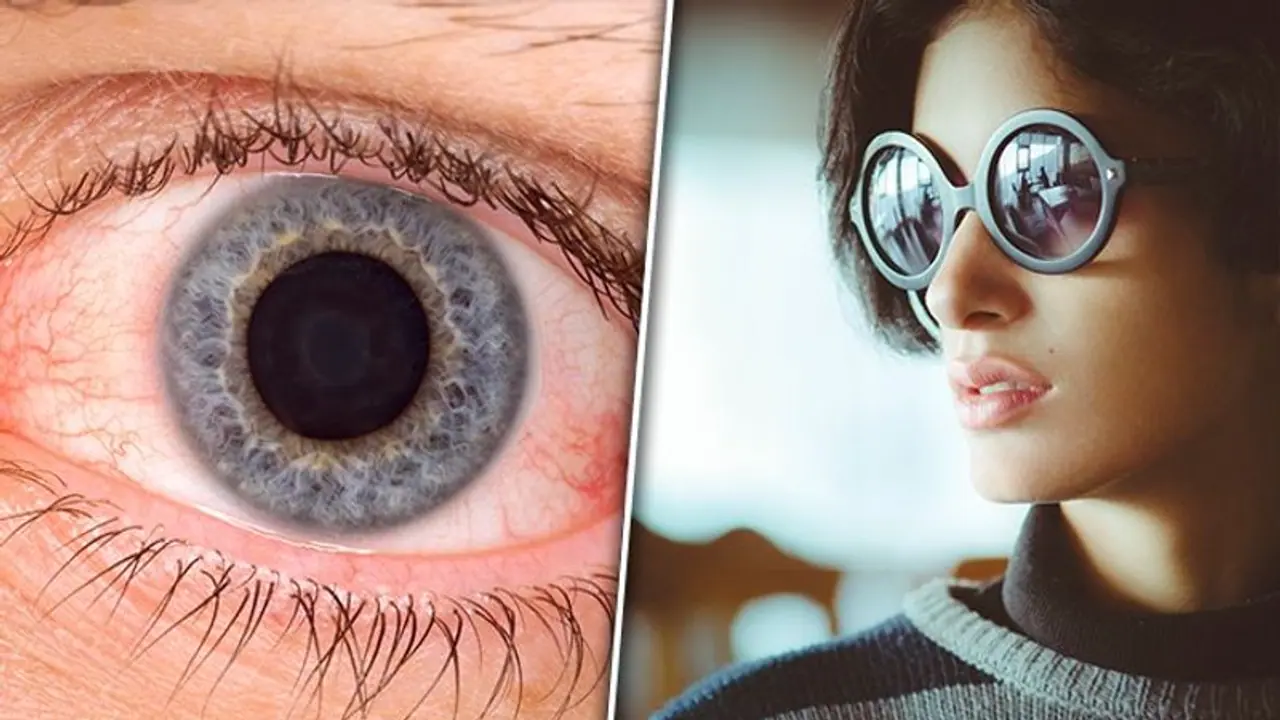Amid a conjunctivitis epidemic in Delhi, doctors caution that wearing dark glasses does not prevent infection spread, emphasizing the importance of hand hygiene and avoiding contact with contaminated surfaces.
While the 'kala chashma' (dark glasses) may give the impression of being cool and prevent others from witnessing the discomfort of teary, stinging eyes during a conjunctivitis epidemic in Delhi, they do not offer protection against the spread of the ocular infection. The virus associated with conjunctivitis lingers on surfaces for extended periods, making it easy for anyone to get infected through contact with contaminated objects like door handles, tables, or chairs. Thus, wearing dark glasses is not a remedy, and infected individuals should not assume that it prevents them from spreading the infection in crowded places or offices.

Dr. JS Titiyal, head of RP Centre for Ophthalmic Sciences at AIIMS, emphasized that dark glasses do not prevent the spread of conjunctivitis. The key to avoiding transmission lies in not sharing personal items like laptops, computers, mouse, tables, and phones with others.
"If you touch such things, you should sanitise your hand and work area, like people used to do during the Covid crisis," Titiyal told TOI.
He added, "You should not touch the goggles used or touched by an infected person. In fact, anyone can catch the infection through the dark glasses. If an infected person takes them off, the surface on which he keeps them can become contaminated and later infect anyone who touches such a surface."
Offices are at risk of rapid infection spread, prompting the suggestion of working from home to prevent virus transmission.
Dr. Sanjiv Gupta, director, and senior eye surgeon at I Care Centre told TOI that conjunctivitis primarily spreads through direct contact with the eye secretions of an infected person. Additionally, one can get infected by touching their eyes after coming into contact with contaminated surfaces such as doorknobs, door handles, or bathroom sinks. The use of dark glasses by people suffering from conjunctivitis is to protect their eyes from light and not to prevent the contagion from spreading.
Doctors have observed a 20 per cent increase in conjunctivitis cases this season compared to 2022.
Dr. Digvijay Singh, senior consultant, and head of ophthalmology at Narayana Superspecialty Hospital, expressed concern about the alarming situation and urged people to take all necessary precautions. "Every day, 12-15 patients are turning up at our OPD for eye problems. We see an alarming situation at the present. The people need to take all precautions," he told TOI.
Dr. Saurabh Varshney, senior consultant in ophthalmology at Primus Super Speciality Hospital, stressed the importance of hand hygiene since the infection primarily spreads through hands. He recommended sanitizing hands after touching public surfaces and using disinfectants to wipe surfaces to eliminate any lingering germs left behind by potentially infected individuals, ensuring a cleaner and safer environment.
"It is prudent, after touching any public surface, to sanitise the hands and prioritisehand hygiene. Wiping surfaces with a disinfectant will also help eliminate any lingering germs left behind by the previous potential infected person, ensuring a cleaner and safer experience," he told TOI.
